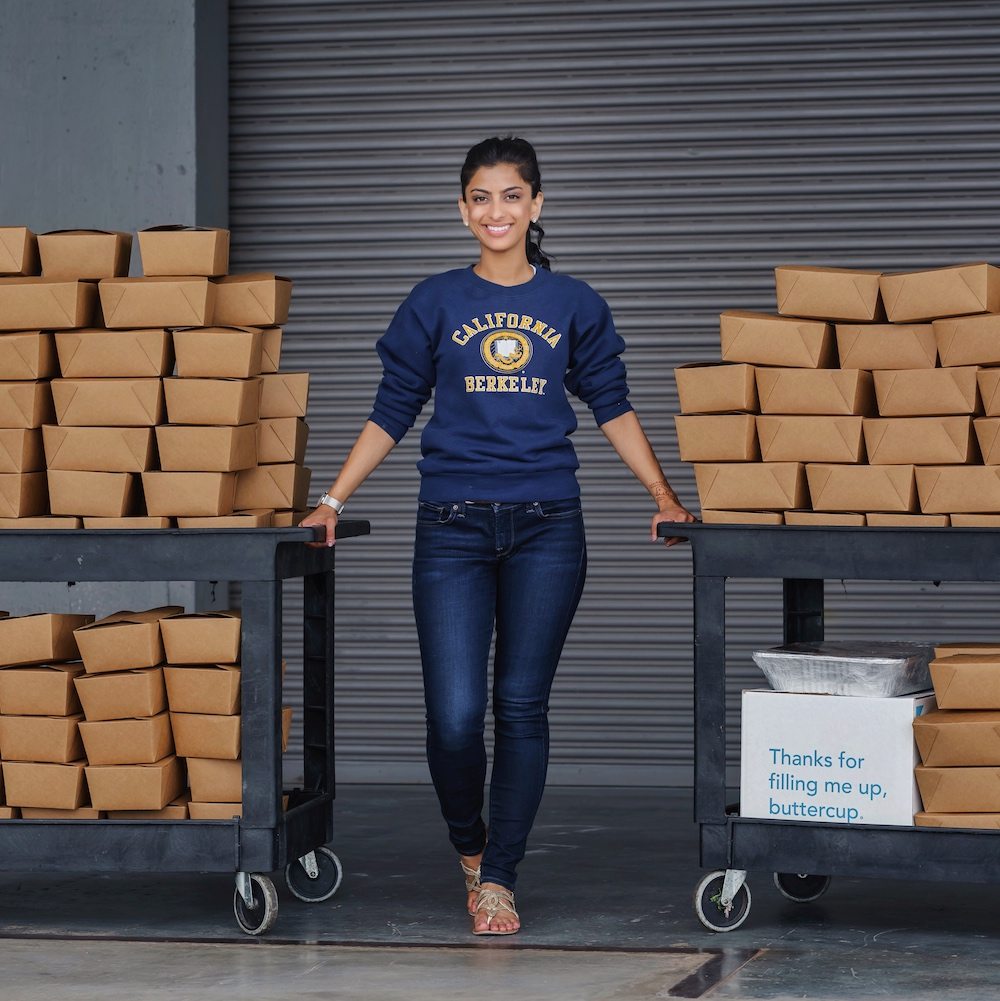5 Mantras for Entrepreneurs Who Want to Do Good

Yet one part of the start-up landscape that we don’t often hear about is the social enterprise space: for-profit companies that are using technology to help advance humankind.
Aha Moment
One such enterprise is Copia, which in two years has redistributed nearly one million pounds of food that would otherwise have been thrown out. It was founded by Komal Ahmad, whose eyes were opened to the immense amount of food wasted in this country while she was in college.
“A veteran came up to me begging for food when right across the street our dining hall was tossing a ton of perfectly edible food on a daily basis,” Ahmad recalls. “It seemed like an obvious fix—arrange for our dining halls to donate their excess food to feed those most in need in our community.”
Overcoming Obstacles
Of course, easier said than done. At first, Ahmad was stymied by liability issues. Once she overcame that hurdle (turns out there’s a federal Good Samaritan law that protects food donors and nonprofit recipients from liability), she still faced the logistical challenge of picking up donations of fresh and perishable food, matching them with local nonprofits and delivering the food—all before the food spoiled.
Technology has since made Ahmad’s work easier. It also enables her to provide valuable data and analytics to the hotels, corporate cafeterias, universities and other businesses that pay her organization to redistribute their surplus food. (After college, Ahmad developed a business model and raised capital to launch Copia as a for-profit social enterprise.) Five years since that chance encounter with a homeless veteran on Telegraph Avenue in Berkeley, CA, Ahmad has provided high-quality, fresh food to more than 200 nonprofits in the San Francisco Bay area, Austin, Dallas and Denver. Here are five things she has learned in the form of mantras:
1. “‘Impossible’ is not a fact; it is an opinion.”
2. “It takes grit and sheer tenacity to achieve something greater than yourself.”
3. “Sometimes the dumbest problem (like hunger) takes the smartest people to solve.”
4. “You can’t do it alone; you need to surround yourself with people who are unstoppable and unreasonable—and refuse to accept the world as it is.”
5. “You can do good and do well.”